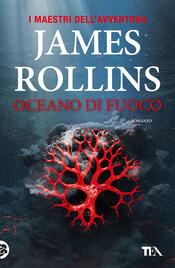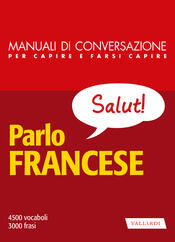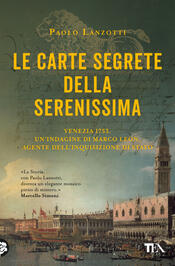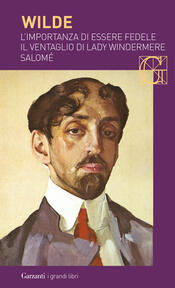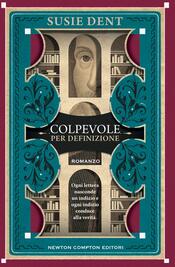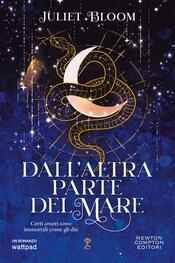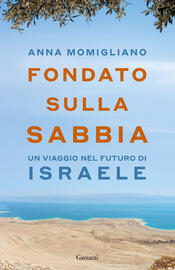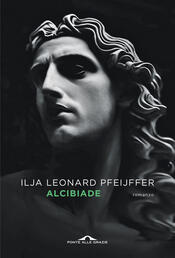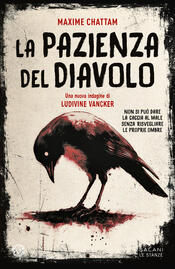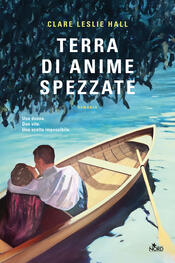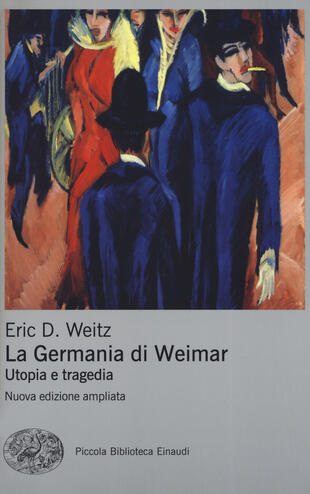

Sinossi
La Repubblica di Weimar è stata a lungo dipinta solo come un momento di passaggio, seppur drammatico, tra la Grande Guerra e il Terzo Reich. In realtà, fu molto di più. Il sistema di democrazia parlamentare che seppe realizzare fu sorprendente: non solo perché nacque pochi mesi dopo la fine di un conflitto mondiale da cui la Germania era uscita sconfitta e umiliata da quanto stabilito nel Trattato di Versailles ma, soprattutto, per la portata delle trasformazioni politiche, sociali e del costume che la contraddistinsero. Alle riforme di welfare si accompagnò una vivacità intellettuale e una creatività che fecero in particolare di Berlino una capitale mondiale dell'arte d'avanguardia: la letteratura, l'architettura, il cinema, la fotografia e la filosofia furono rivoluzionati da personalità le cui opere sono divenute capisaldi della cultura occidentale del Novecento. Con una narrazione calibrata e sempre avvincente, Weitz fa rivivere quel periodo di radicali contrapposizioni, con l'ausilio di documenti istituzionali, articoli e testimonianze dirette corredati da immagini e fotografie. Ne emerge un quadro esaustivo dei quattordici anni della repubblica, con le sue molte luci e le sue altrettanto numerose zone buie. Questa edizione è arricchita da una nuova introduzione e da un capitolo finale dedicato all'eredità di Weimar, come simbolo di tutte le fragilità che insidiano ogni democrazia.
- ISBN:
- Casa Editrice:
- Pagine: 495
- Data di uscita: 21-05-2019
Recensioni
It is a primer on Weimar history with emphasis on culture and intellectual thought. Inevitably there is a bit on hyperinflation and the politics. However, I felt slightly underwhelmed. I wanted to know more about the visual art. It was not much there apart from the work of Hannah Hoch. There was als Leggi tutto
Weimar Germany is the haunting story of a liberal society that transformed into the most notorious fascist regime that the world had ever seen. This book is about the politics of Weimar but also the culture and ideology of a society transitioning from the traditional world into modernity. Like a lot Leggi tutto
Fantástico libro que recoge todos los aspectos de este importantísimo y apasionantes período histórico: política, economía, sociedad, cultura, el papel de la mujer,... Además te hace reflexionar sobre el papel de la democracia en la sociedad además de su vulnerabilidad.
Me costó muchísimo terminar el libro porque hay tanta información relevante y se parece tanto a lo que estamos viviendo en la actualidad que es un poco aterrador. Hay muchísima información sobre el ascenso del nazismo, el desarrollo de corrientes culturales como la Bauhaus, la situación económica, s Leggi tutto
Eric D. Weitz's Weimar Germany: Promise and Tragedy offers a fascinating account of Germany's interwar experiment with democracy. Popular histories frequently depict Weimar as a foredoomed Bohemian interlude between Prussian militarism and Nazi tyranny; Weitz's account does much to clarify and compl Leggi tutto
This is an excellent overview of major themes in the Weimar years, connecting some of the dots to the subsequent Nazi takeover 1n 1933. I read the last three chapters. Here are some fascinating (to me at least) items that might appear in one way or another in my new novel (CHOOSING HITLER) ... ... T Leggi tutto
Really good stuff here from Weitz, balancing thematic history with biographical studies. He certainly addressed my main questions: What made Weimar Germany distinctive, why should we study it, and why did it fail? On the first score, the Weimar era (at least in its urban incarnation) was a hothouse
The topic is fascinating and full of implications: Germany – the place of Reformation, Idealism, countless scientific discoveries, Prussian militarism and conservationism, monarchism, nationalism, Romanticism, Marxism and communism, and so on – was defeated in war, forced to assume full responsibili Leggi tutto
Citazioni
Al momento non ci sono citazioni, inserisci tu la prima!





